Memphis attorney Bruce Newman is the host of “Bruce’s Folksong Fiesta” on WEVL. Newman was lucky enough to meet Pete Seeger, who passed away last week. Enjoy his story and see his memento from one his idols. – Joe Boone
Pete Seeger and “The Banjo”
By Bruce Newman
On November 9th, 2012, Pete Seeger and the Clearwater Foundation (Pete’s “clean up the Hudson River” organization) honored David Amram with the “Power of Song Award” at New York’s Symphony Space Theatre. I was invited by Doug Yeager, a longtime, New York City-based, folk-artist booking agent. Yeager has helped me over the years produce various folk concerts in Memphis, including an April 2000 fundraiser for the Solomon Schechter Day School called “Woody & Me” (Richie Havens, Odetta, Tom Paxton, Ramblin’ Jack Elliott, Josh White Jr., and Oscar Brand) held at Theatre Memphis and filmed by WKNO. I was delighted to watch the Clearwater Awards ceremony and the concert that followed from a backstage perch, but who knew? At these events, you just never know what may happen.
I was wearing my WEVL cap, and, yes, people really did want to know about our community radio station. Most well-versed folk musicians understand that the fairly recent history of Stax, Sun, Hi, and all related popular labels and artists put Memphis on the popular music map in a very public way. I say recent; it is also well-known by folk music lovers that what long preceded the above was black folk music and Delta blues, and much of this (Leadbelly, by example) eventually travelled up to New York City and became part of the Greenwich Village folk scene. The true essence of this; I did a concert here in Memphis in September 2000 with Dave Van Ronk, and all he wanted to do was go to Clarksdale, Mississippi, and the surrounding areas to get some vibe from his idol, Mississippi John Hurt.
At the Clearwater Awards, I was standing in a small circle chatting with Guy Davis, John Sebastian, Peter Yarrow, Josh White, Jr., Tom Paxton, Henry Butler, and some others. Sebastian pulled me into a very small men’s room so that I could get a quick MP3 WEVL radio station ID.
So, when I came back to the group, my mind wandered as I glanced over the heads of these famous folkies, and I saw “THE BANJO” on a stand through the open door of a small backroom. In 1948, Seeger wrote the first version of his now-classic “How to Play the Five-String Banjo”, a book that many banjo players credit with starting them off on the instrument. He went on to invent the Long Neck or “Seeger banjo”. Yes, this appeared to be the banjo that says “This Machine Surrounds Hate & Forces It To Surrender”. This is the banjo which is as equally as famous as Woody’s guitar that says “This machine kills Fascists”.
Bruce Ginsberg, a neighbor of Pete in Beacon, NY, was also in the group, and he offered to take me back, and there was Pete, tuning the famous instrument, the one that played on all the pro-union, civil rights, and classic songs as recorded by the Almanac Singers, The Weavers, and with Woody. He let me hold it, and, as anyone who has held that thing has expressed, it was a moment I will never forget, mostly because he was and still is, I imagine, a gentle soul.
Several years earlier, I had invited Pete to Memphis to be part of a Work o’ the Weavers program, and he wrote a personal, longhand and very polite decline with his signature banjo, proving that some things (not all) were better in the old days. If I wrote to Daft Punk or Bruno Mars, what would the reply be? I cannot even get Carole King to return my calls.
It is now well known that Arlo Guthrie spoke to Pete Seeger an hour before he died last Monday evening. Arlo made a comment later the next morning. “Well, of course he passed away! I’m telling everyone this morning. But that doesn’t mean he’s gone.”
And so, Pete Seeger, the real icon, whose songs are much connected to the South, lives on in the music and lyrics of tens of thousands of guitar and banjo players.
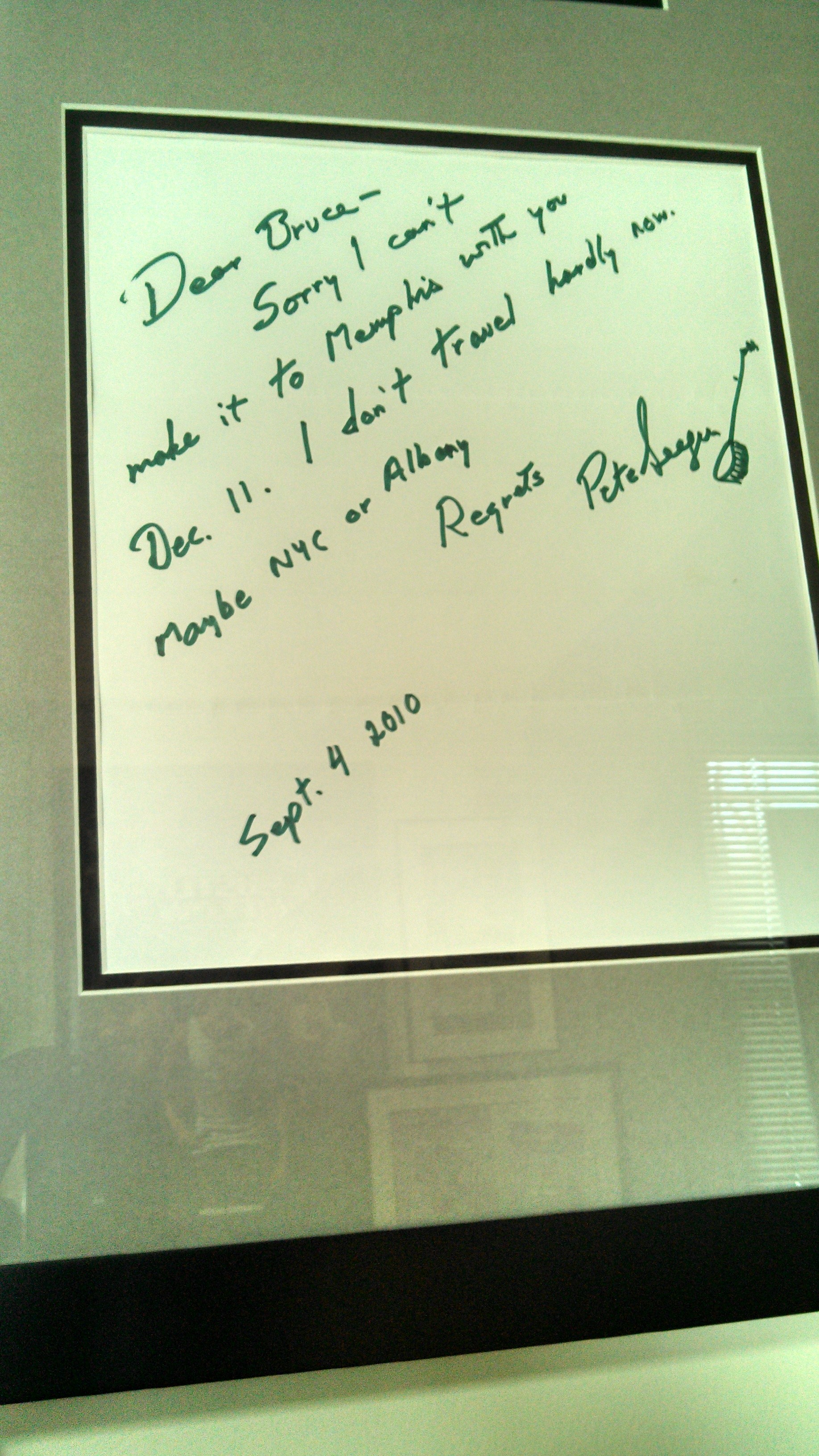 Bruce Newman
Bruce Newman
Pete Seeger’s note to Bruce Newman
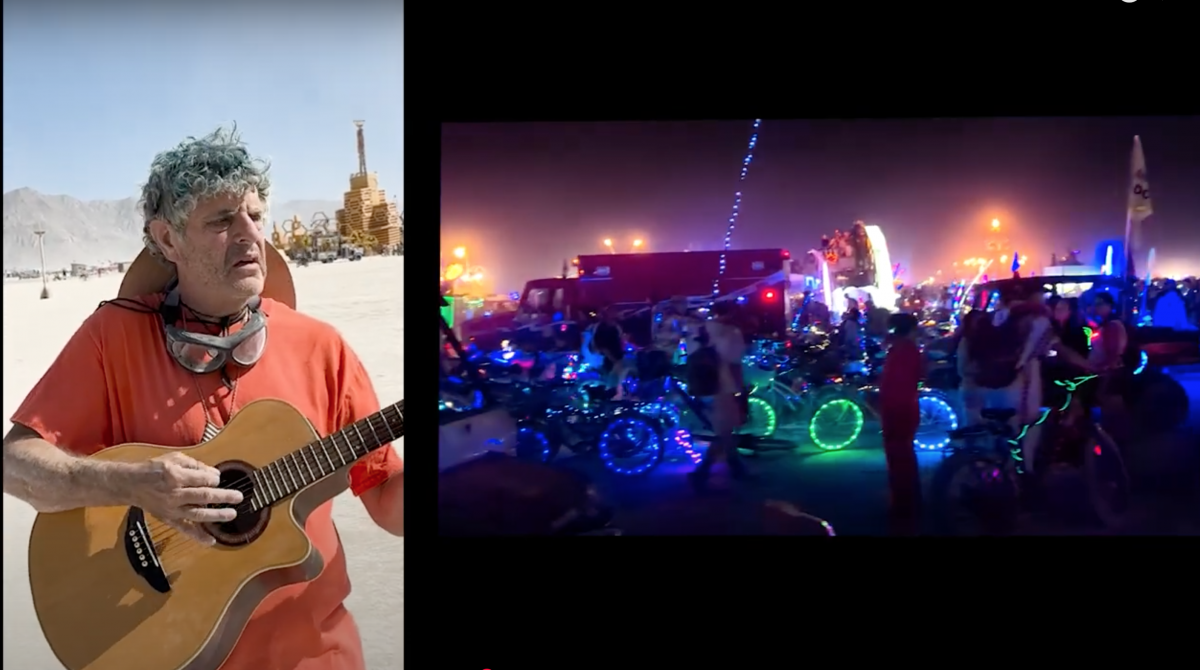
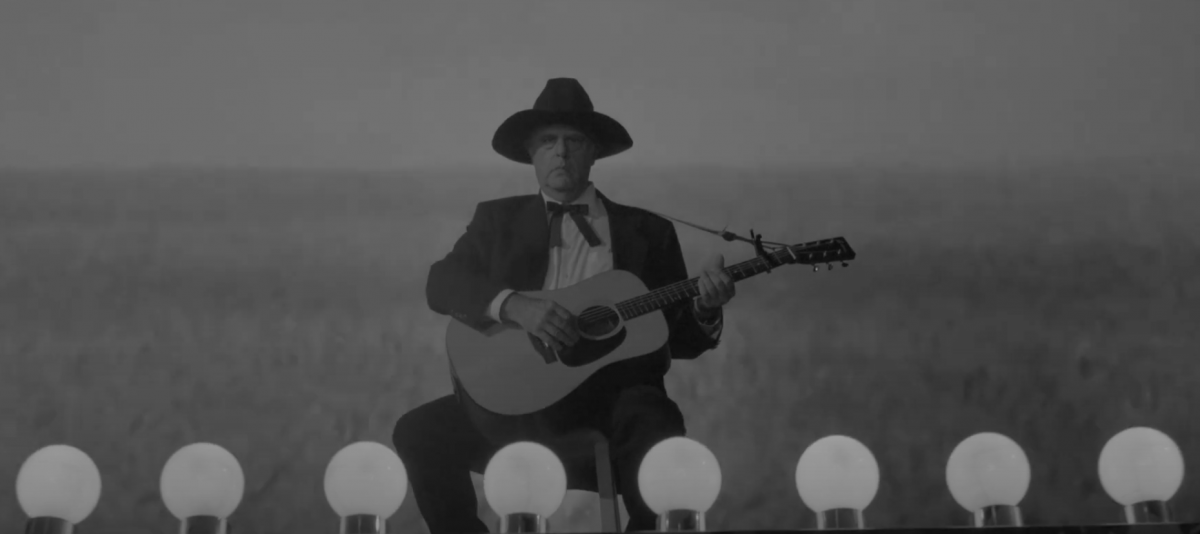
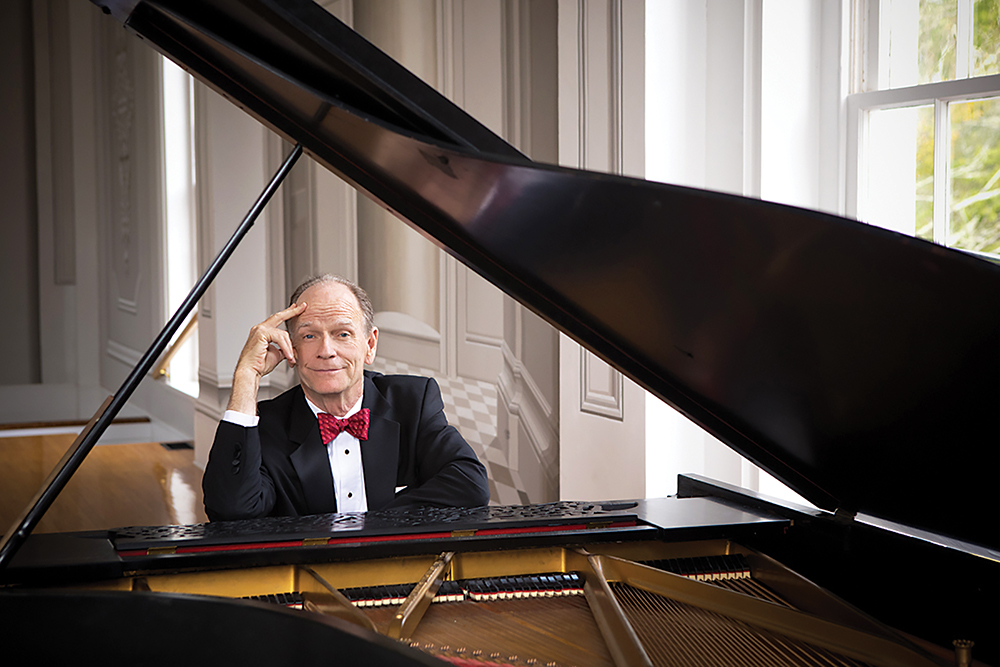
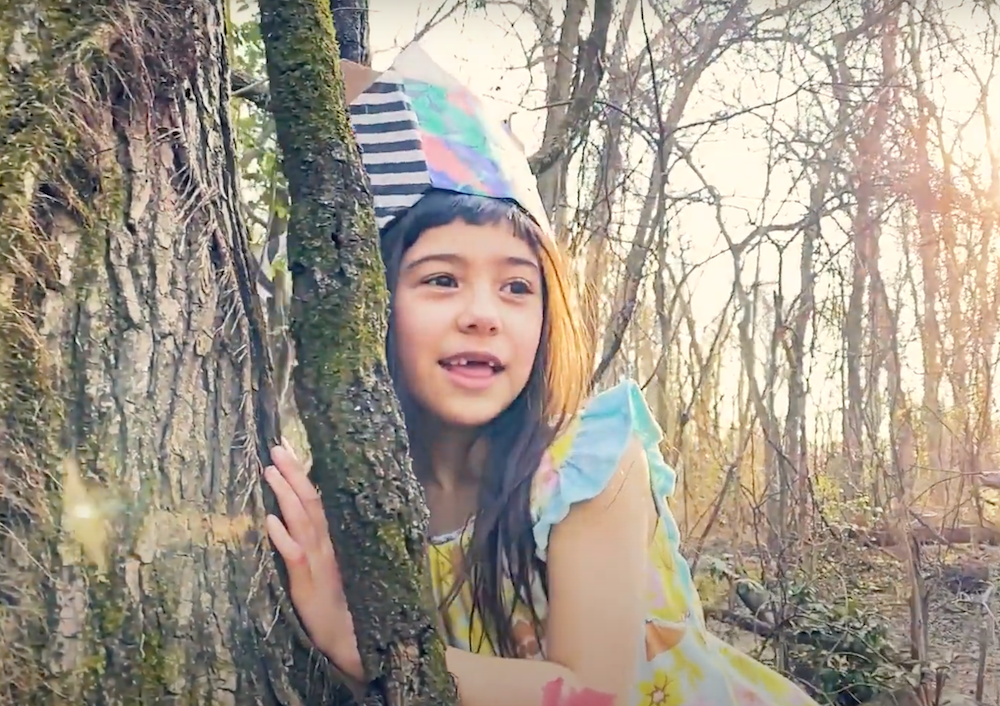
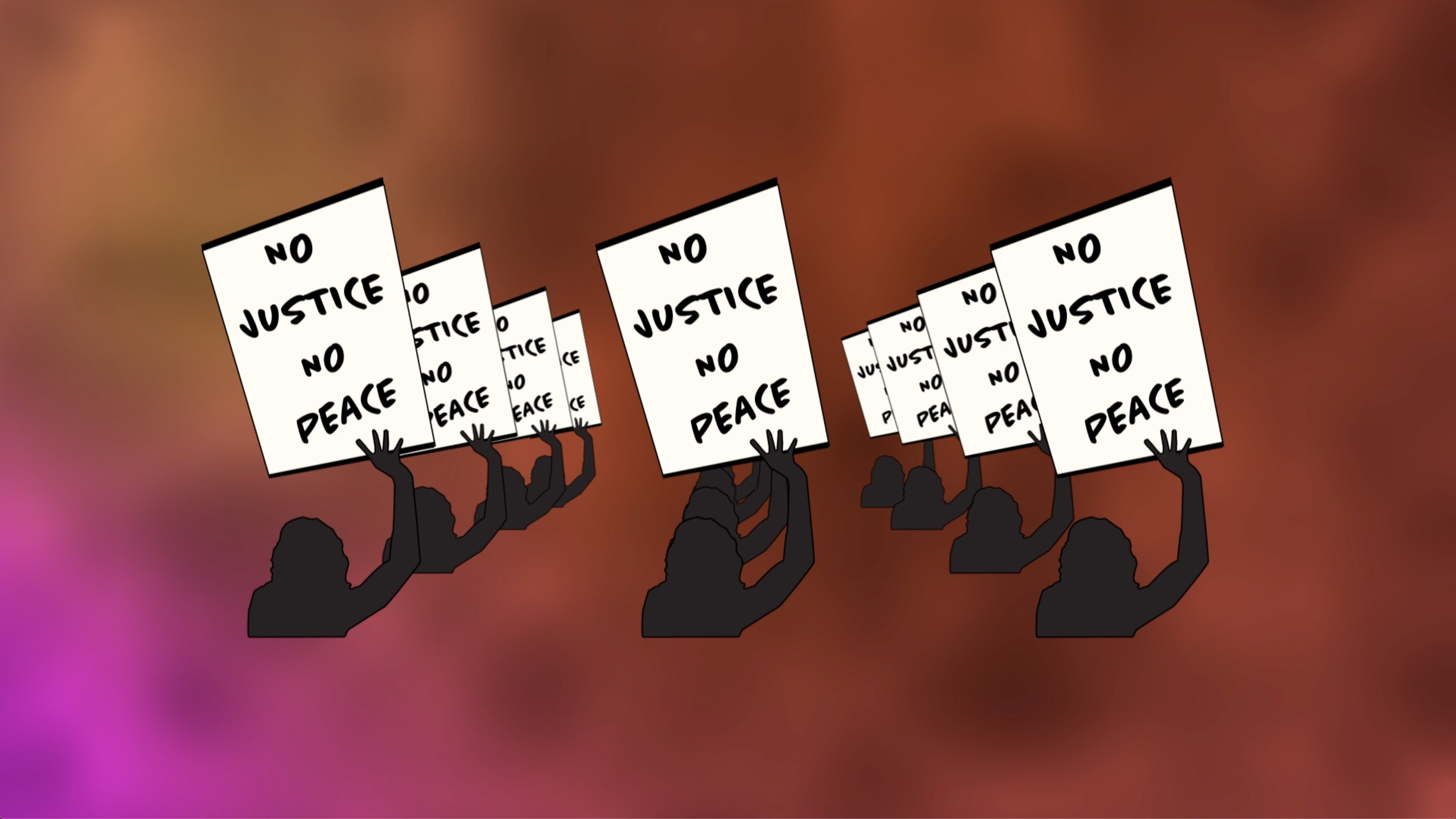
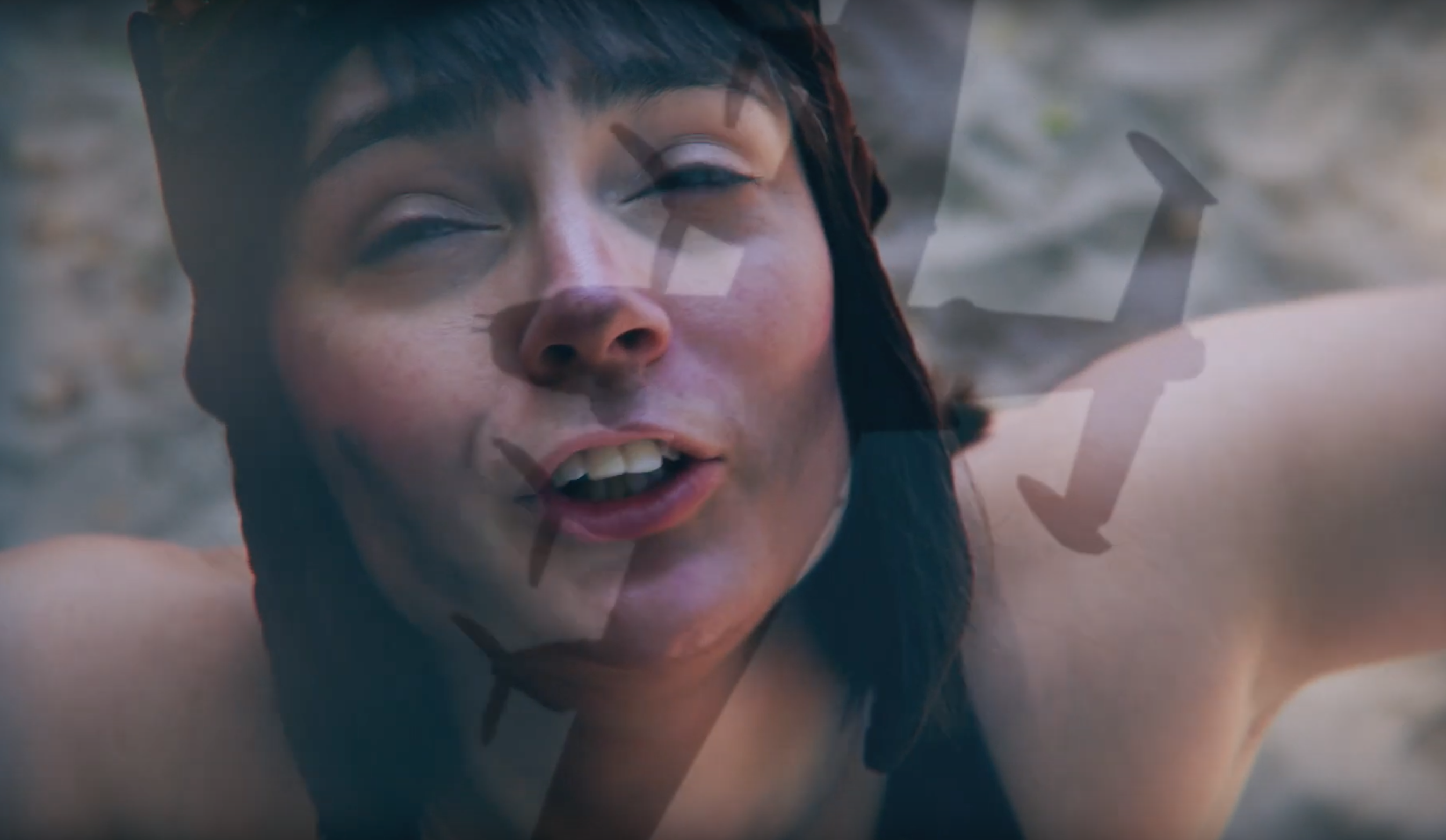
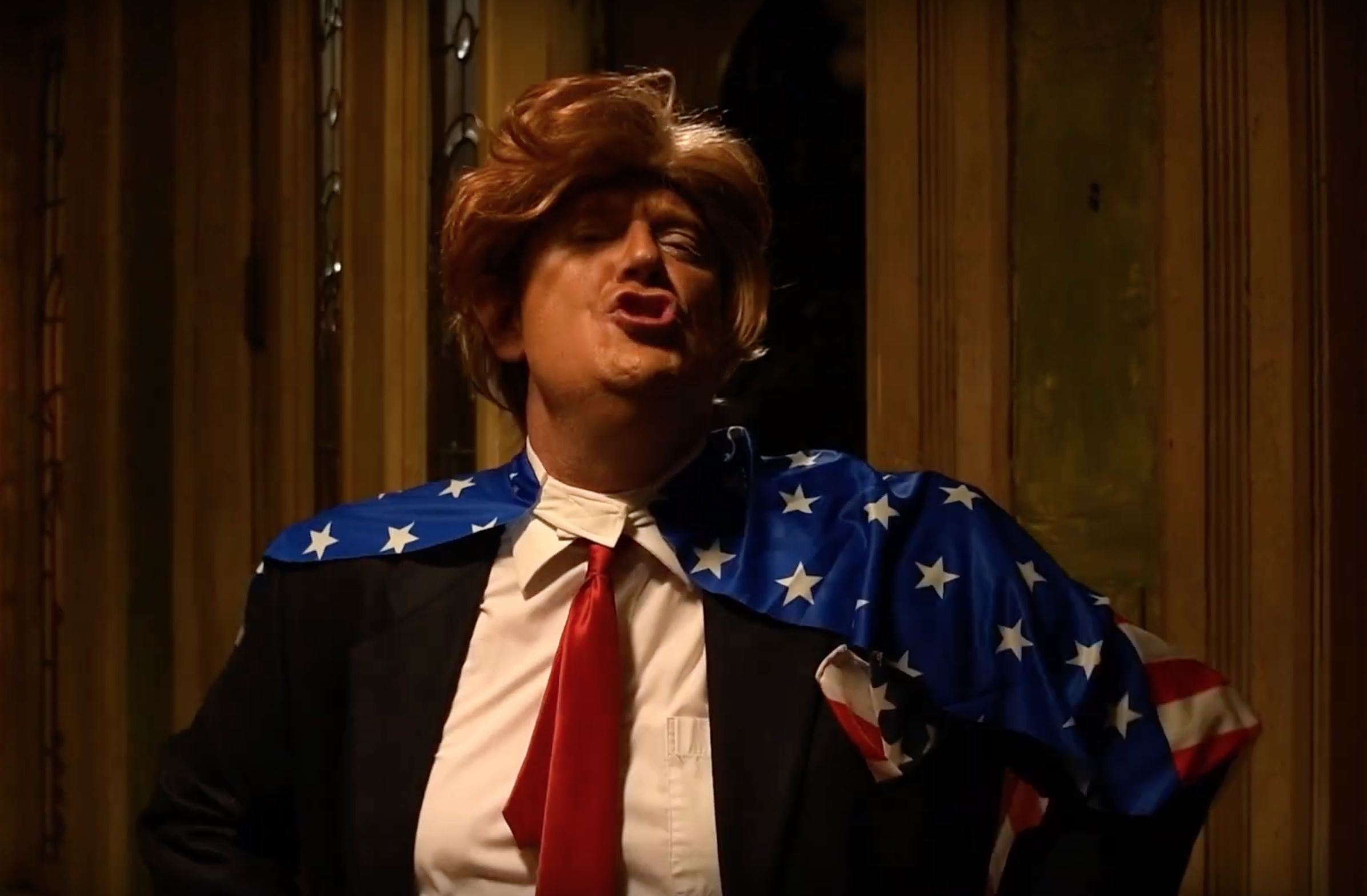
 Joe del Tufo
Joe del Tufo 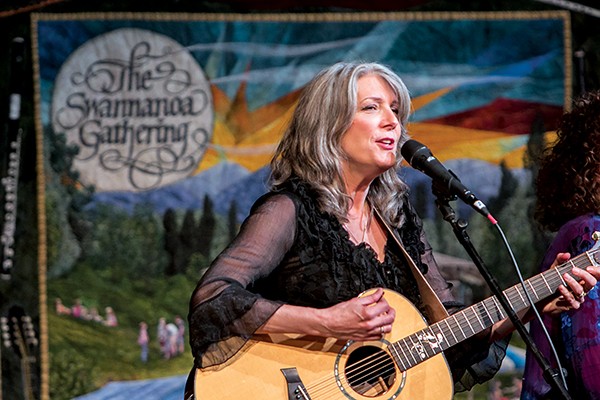

 Bruce Newman
Bruce Newman